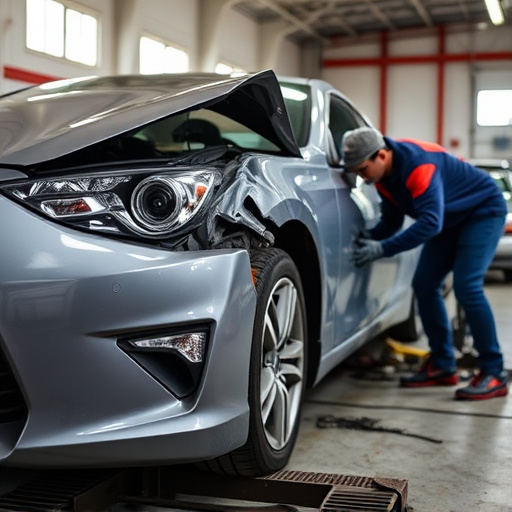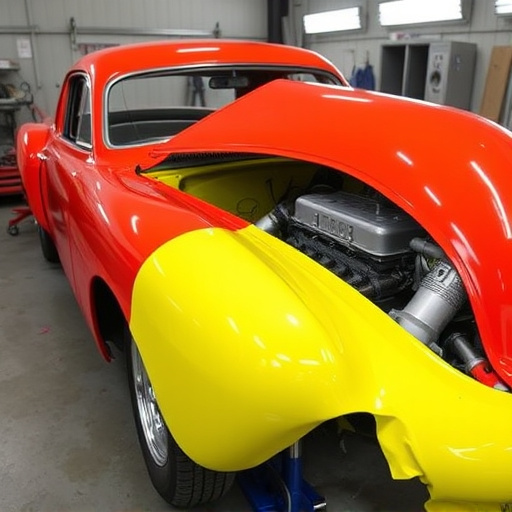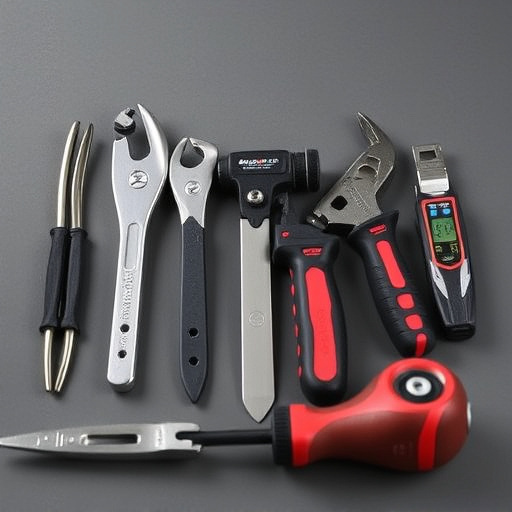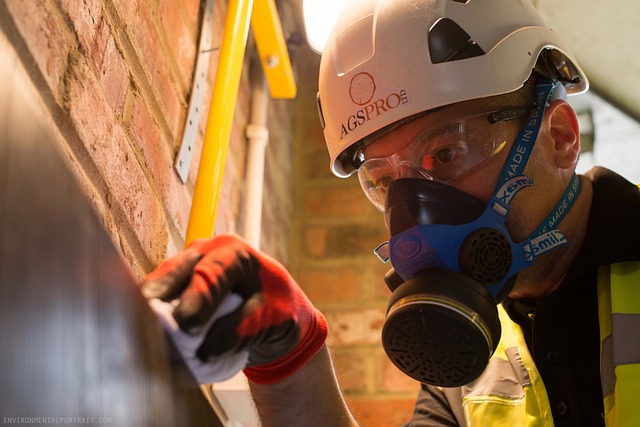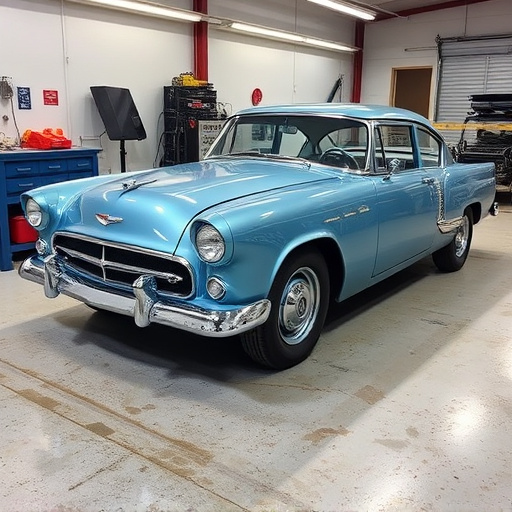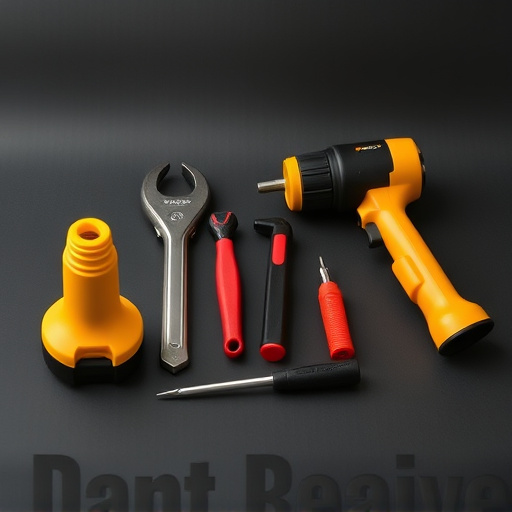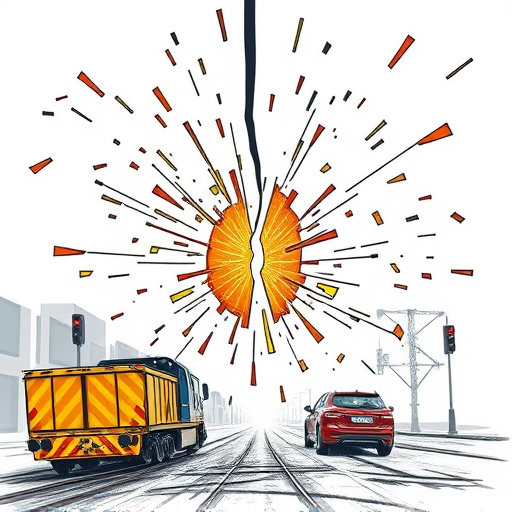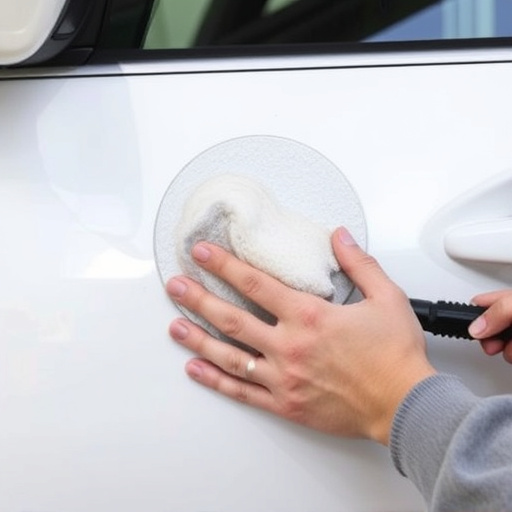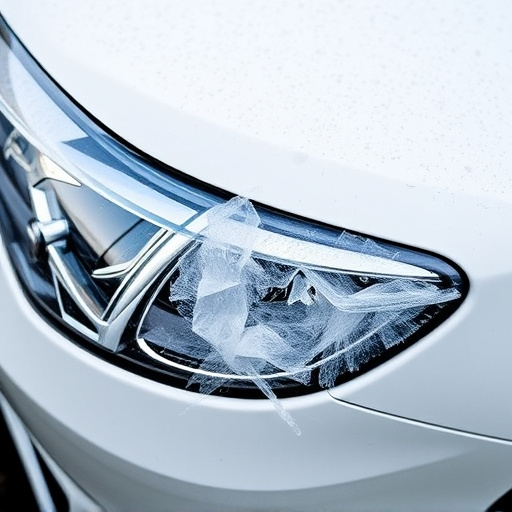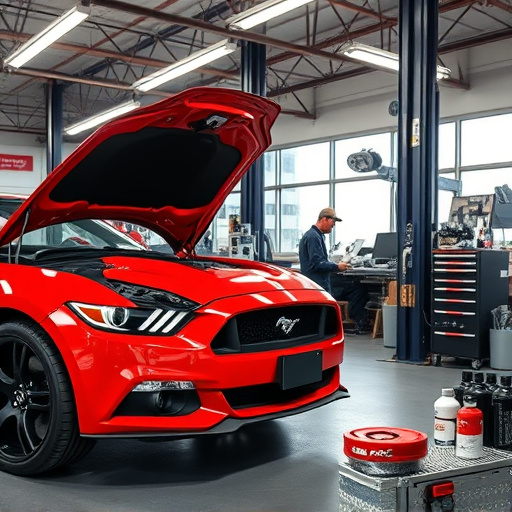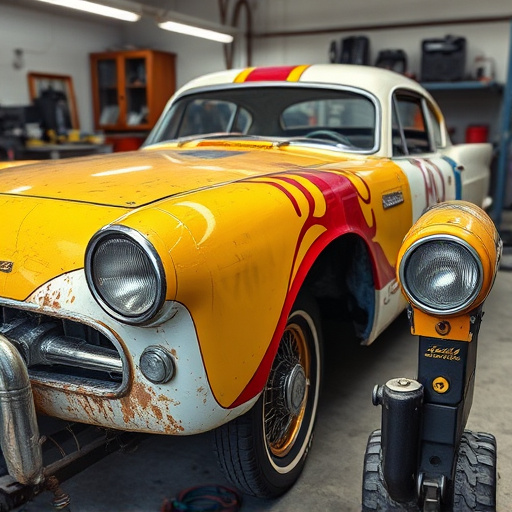Panel beating, a vital yet energy-intensive car repair process, poses significant environmental risks due to metal waste and inefficient waste management in bustling body shops. To minimize ecological footprints, auto collision centers must adopt sustainable practices like recycling and reusing materials from panel beating processes, reducing waste, conserving resources, and diverting vehicles from landfills using specialized equipment. The growing demand for panel beating services necessitates these eco-friendly methods, enhancing businesses' reputations as leaders in sustainable car body repair while benefiting the planet.
Panel beating, while an essential part of the automotive industry, has significant environmental implications. This article delves into the hidden costs associated with traditional panel beating methods and explores waste management strategies that offer a more sustainable approach. By examining recycling and reuse practices, we uncover innovative solutions to minimize the ecological footprint of this industry. Additionally, we discuss the importance of embracing sustainable practices for a greener future in panel beating and beyond.
- The Hidden Costs of Panel Beating
- Recycling and Reuse in Waste Management
- Sustainable Practices for a Greener Future
The Hidden Costs of Panel Beating
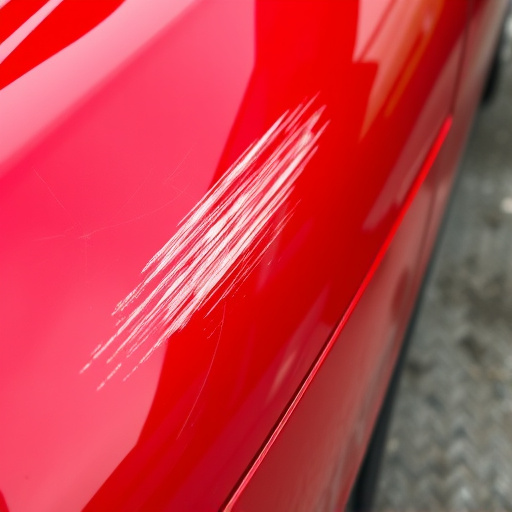
The process of panel beating, while essential for repairing and restoring car bodies in automotive body shops, comes with hidden environmental costs that often go unnoticed. This intricate art of shaping and fitting metal panels involves a significant amount of energy consumption and material waste, both of which contribute to a larger ecological footprint. In the bustling environment of a car repair shop, where time is of the essence, the rapid turnaround of repairs might lead to less consideration for sustainable practices.
Metal, especially when bent and formed, generates a substantial carbon footprint due to the intensive labour and energy required. Moreover, the disposal of waste from panel beating, including metal shavings and scrap materials, can pose challenges in the car body restoration process. Many automotive body shops struggle with effective waste management strategies, leading to potential environmental hazards if not handled responsibly.
Recycling and Reuse in Waste Management
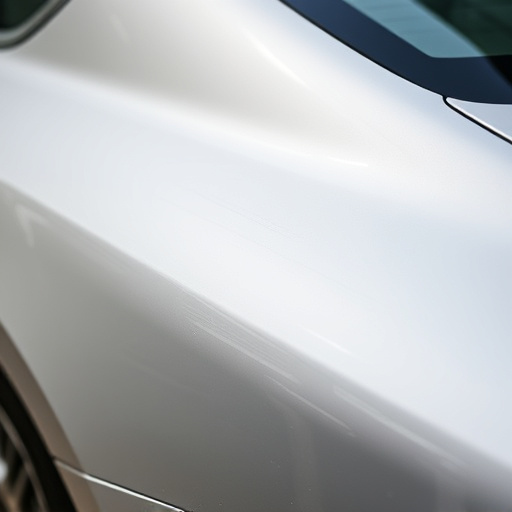
Recycling and Reuse play a pivotal role in minimizing the environmental impact of panel beating, which is a significant aspect of vehicle collision repair and dent repair processes. Auto collision centers can significantly reduce their waste footprint by adopting robust recycling practices. This involves separating and categorizing materials like metal, plastic, glass, and rubber during the demolition phase of damaged vehicles. These components can then be recycled and repurposed, reducing the demand for new raw materials.
Moreover, reusing components where possible, such as functional parts from damaged vehicles, cuts down on waste generation and conserves resources. Many auto collision centers are now equipped with specialized equipment to facilitate efficient recycling and reuse, ensuring that a significant portion of post-crash vehicles is not sent to landfills but rather transformed into valuable resources for the manufacturing sector.
Sustainable Practices for a Greener Future
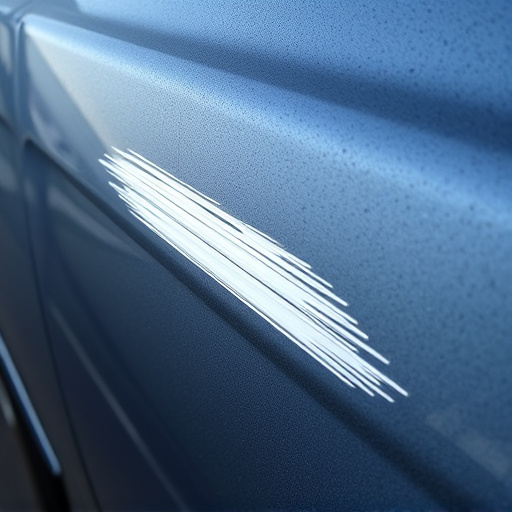
As the demand for panel beating services continues to grow, especially within the automotive industry, it’s crucial to explore sustainable practices that contribute to a greener future. Panel beating, while essential for car body repair and bodywork services, can have significant environmental implications if not managed properly. To mitigate these effects, businesses and individuals alike can adopt eco-friendly methods and technologies in their operations.
One such practice is the use of recycled materials and sustainable sourcing. By opting for recycled metal sheets and components, panel beating professionals can reduce the strain on natural resources. Additionally, implementing efficient waste management strategies, like proper segregation and recycling of scrap materials, ensures that hazardous substances are handled responsibly and minimizes the environmental footprint associated with dent repair and car bodywork services. These measures not only benefit the planet but also enhance the reputation of panel beating businesses as responsible contributors to a more sustainable world.
Panel beating, while an integral part of the automotive industry, comes with significant environmental implications. By understanding the hidden costs and embracing sustainable practices, we can strive for a greener future. Recycling and reuse play a crucial role in waste management, reducing the demand for new materials and minimizing the ecological footprint. As we navigate towards a more sustainable world, adopting eco-friendly techniques in panel beating is not just an option but a necessity.
